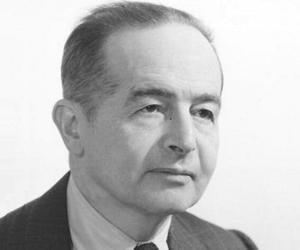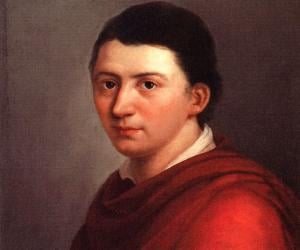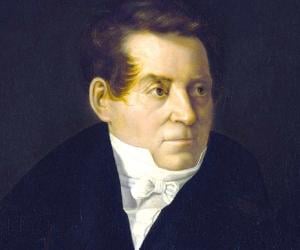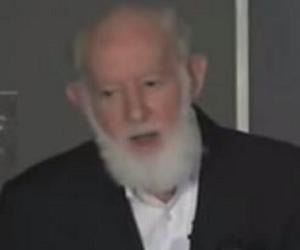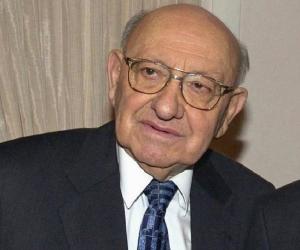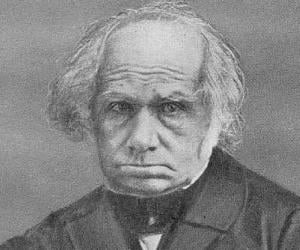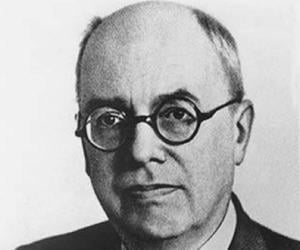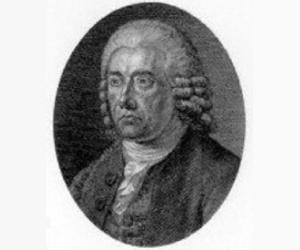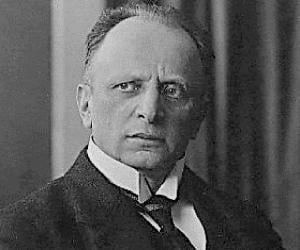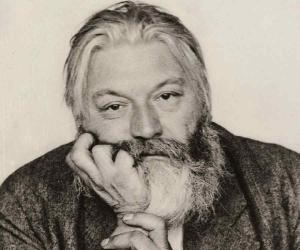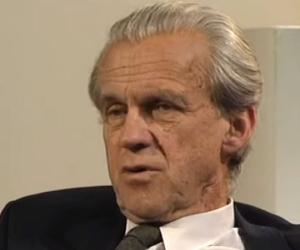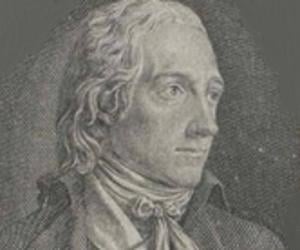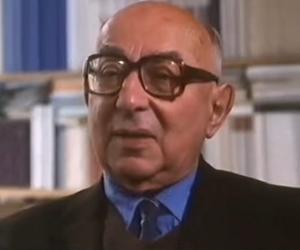1
Wolfgang Iser
(Literary critic)
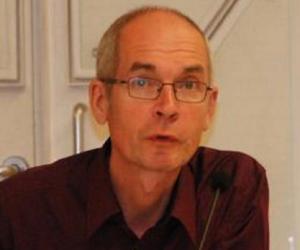
17
3
Birthdate: July 22, 1926
Sun Sign: Cancer
Birthplace: Marienberg, Germany
Died: January 24, 2007
Wolfgang Iser was a prominent German literary scholar known for his contributions to reader-response theory and reception theory. He was a key figure in the field of literary criticism, particularly in the study of narrative fiction and the role of the reader in interpreting texts. Iser's work emphasized the importance of the reader's active engagement with the text, exploring how meaning is created through this interaction. His influential books and essays have had a lasting impact on the field of literary studies worldwide.
